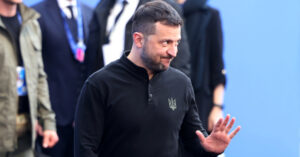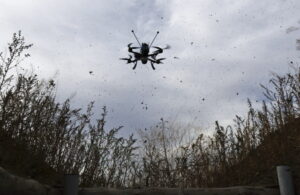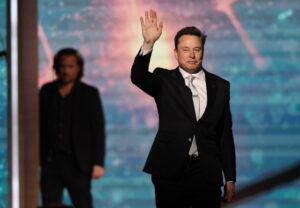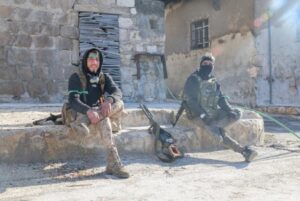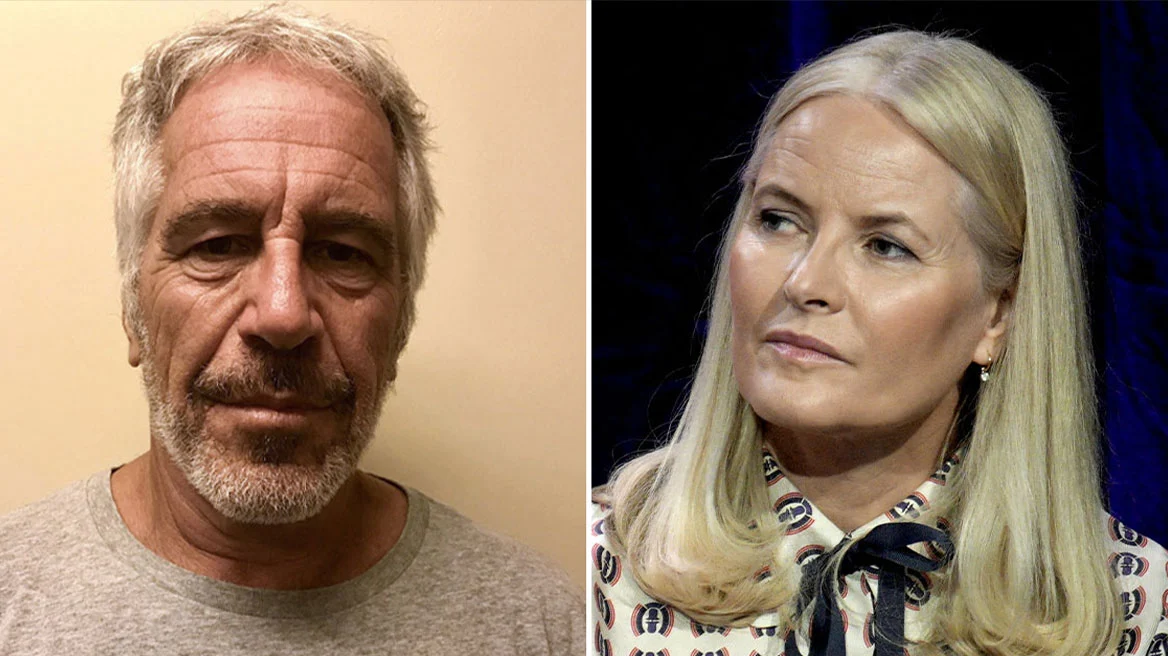Continuous and escalating pressure is being exerted on Ukrainian President Volodymyr Zelensky by European and other Western countries to alter his stance on the ongoing war and to sit down at the negotiation table with Vladimir Putin to end the conflict, which has now lasted nearly three years.
A notable analysis from Bloomberg introduces the factor of Donald Trump, who is expected to take office as the U.S. President on January 20, upon his inauguration at the Capitol.
Pressure is mounting as, according to European officials, it is becoming increasingly clear that neither side can achieve a decisive victory. In this context, Kyiv’s allies are urging Zelensky to consider compromises, something he has categorically rejected thus far.
In the United States, the Biden administration approved yesterday the use of long-range weapons by Ukraine on Russian soil, a move aimed at bolstering Zelensky’s negotiating position before Trump takes power. However, experts like Ruslan Pukhov, head of the Center for Strategic and Technological Analysis in Moscow, suggest this escalation is unlikely to drastically alter the course of the conflict.
Simultaneously, Turkish President Recep Tayyip Erdoğan is planning to present his own ceasefire proposal at the G20 talks in Rio de Janeiro. The proposal includes creating a demilitarized zone in the Donbas region, deploying international troops, and providing security guarantees to Ukraine. Although the Turkish side acknowledges that such a proposal is difficult for Ukraine to accept, they consider it the most realistic solution for ending the conflict. A ten-year “freeze” on Kyiv’s NATO membership process is also expected to be suggested in the same context.
Erdoğan’s proposal comes as Russia continues to strengthen its positions on the battlefield. Recently, the presence of North Korean troops alongside Russia has heightened Western concerns, with estimates suggesting the possible deployment of up to 100,000 North Korean soldiers to Russia.
Zelensky, on his part, has stated his desire for the war to end within the next year, but he is requesting more weapons from his allies to strengthen Ukraine’s position. “For us, victory means a strong Ukraine. Whether this is achieved through diplomacy or on the battlefield is another discussion,” said the Ukrainian president.
However, the chances of negotiations are dwindling, as Russian President Vladimir Putin shows little willingness to compromise. In a phone call with Scholz, Putin mentioned that he remains open to talks but emphasized that any agreement must consider Russia’s security concerns and territorial gains.
Meanwhile, the language of the final G20 statement on Ukraine is expected to disappoint Kyiv, as it seems to reiterate the stance adopted in New Delhi last year, where the condemnation of the Russian invasion had been downplayed.
The Turkish president hopes to convince Zelensky to participate in peace talks in Istanbul, as he has reportedly seen confidential assessments indicating that Ukraine might lose more territory if the conflict continues. On the other hand, Russia also appears willing to continue fighting, believing its attrition strategy is paying off.
Erdoğan’s proposals may find support among some of Kyiv’s allies who worry that full NATO membership for Ukraine could lead to a direct confrontation with Moscow.
French President Emmanuel Macron appears pessimistic about the prospects for peace. “Whatever Putin says, he doesn’t want peace and isn’t ready to negotiate it,” stated the French president, stressing that Russia seems to be preparing for further escalation.
Ask me anything
Explore related questions
